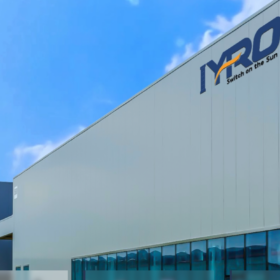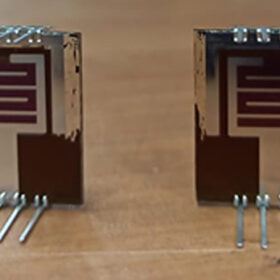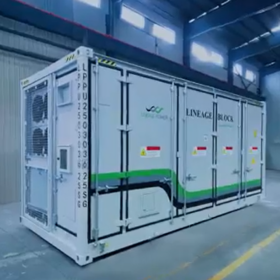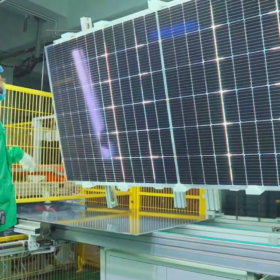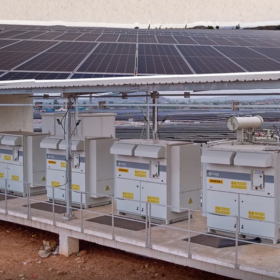Beyond the panels: How India’s solar growth and PM-KUSUM are redefining the grid
While policy discussions focus on solar tariffs and farmer incentives, we see a different challenge emerging on the factory floor: Infrastructure Redefinition. The humble transformer is being asked to do things it was never originally designed to do.
Group Surya commissions 500 MW G12R solar module line in Odisha
Group Surya has commissioned a 500 MW G12R solar module production line in the Indian state of Odisha. The fully automated facility will be expanded to 1 GW within four to five months.
The Hydrogen Stream: India launches Hydrogen Valley Innovation Cluster under National Green Hydrogen Mission
India has launched the Hydrogen Valley Innovation Cluster under the National Green Hydrogen Mission to accelerate the transition of green hydrogen technologies from laboratory research to industrial deployment.
Silver prices resume upward trend
Silver prices have resumed their climb, reaching $95 per ounce this morning. Silver analyst Philip Newman tells pv magazine that escalating tensions in the Middle East are expected to continue driving investment demand for safe-haven assets such as gold and silver.
Indian researchers build transparent perovskite-silicon tandem solar cell with 30.2% efficiency
The transparent four-terminal perovskite solar cell employs an ion-modulated spiro-MeOTAD hole transport layer, which passivates interfacial defects, enhances carrier dynamics, and allows for a tunable work function in wide-bandgap perovskites. When integrated into mechanically stacked 4T tandems with an n-TOPCon cell, the device achieved an overall efficiency of 28.4–30.2%, along with improved open-circuit voltage and fill factor.
Pace Digitek’s arm Lineage Power delivers 100th BESS container
Lineage Power, the energy storage arm of Pace Digitek Ltd, has delivered its 100th containerized battery energy storage system (BESS).
FOB China TOPCon solar cell prices hold steady as market awaits post-holiday reassessment
In a new weekly update for pv magazine, OPIS, a Dow Jones company, provides a quick look at the main price trends in the global PV industry.
RENA Technologies secures 1.2 GW TOPCon wet processing equipment order from Gujarat-based Celloraa Energy
RENA Technologies has secured an order to supply advanced wet chemical processing systems for Celloraa Energy’s new 1.2 GW TOPCon solar cell manufacturing line at Surat, Gujarat.
Websol Energy System secures orders for 85.5 MW of solar modules
Websol Energy System announced this week that it has secured three purchase orders totalling 85.5 MW for solar modules. These orders, valued at INR 172 crore, are currently in production and are scheduled for delivery by May 2026.
India expected to install about 42.5 GW of new solar capacity in 2026: JMK Research
India installed around 37.8 GW of solar capacity in CY2025. This comprised about 28.6 GW of new utility-scale solar, a 54.6% increase from 2024, and 7.9 GW of rooftop solar, up 72% year on year. Off-grid additions stood at 1.35 GW, compared to 1.48 GW in 2024.

